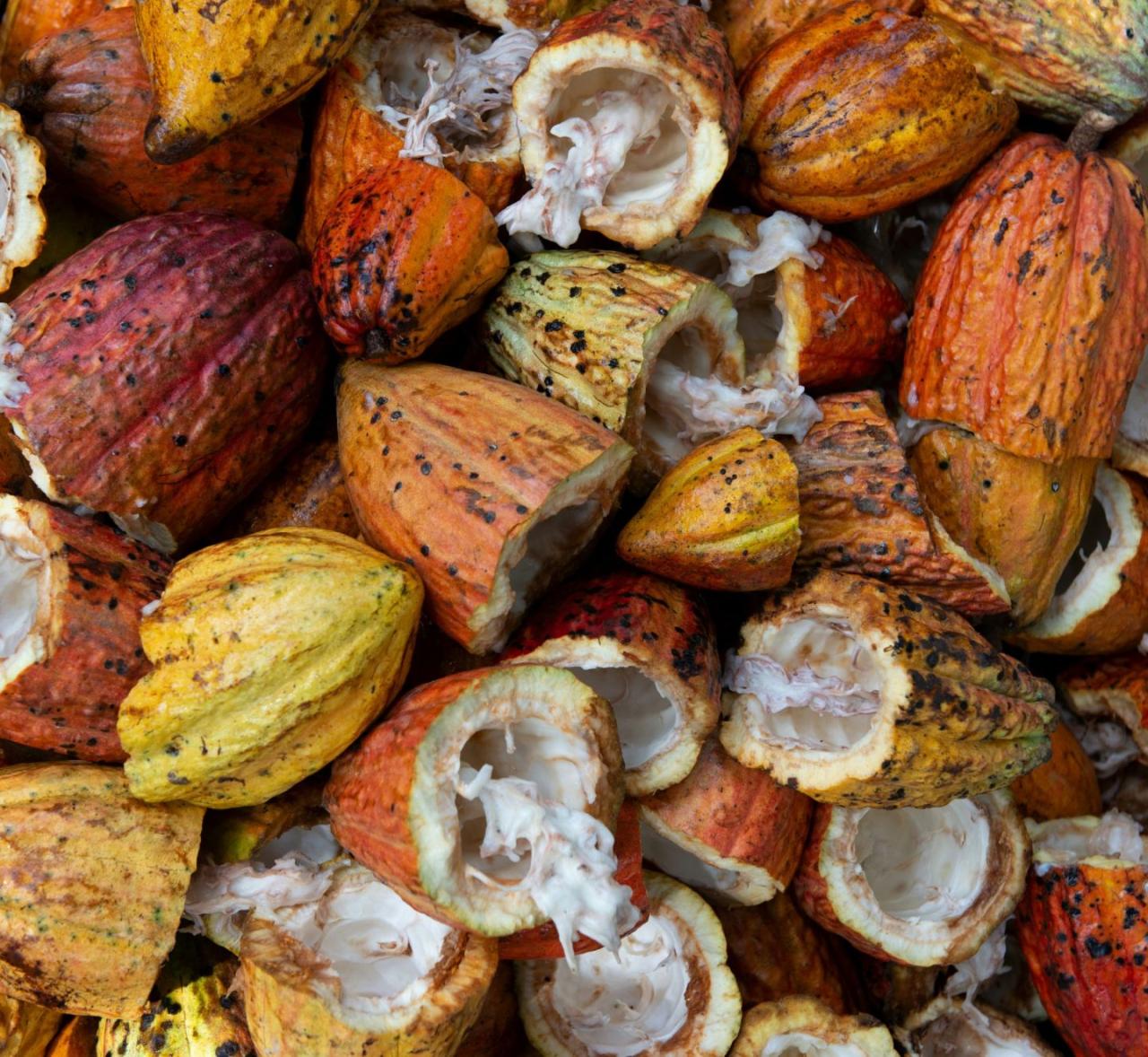NORTHAMPTON, MA / ACCESSWIRE / February 26, 2024 / South Pole

Unsustainable land-use practices, including expansive agriculture and forest encroachment, pose a significant threat to landscapes, leading to deforestation, biodiversity loss, and habitat destruction.
Sustainable finance mechanisms at the landscape level, like the Cocoa Landscape Investment Facility (CLIF) in Ghana, can help steer countries, companies, and local producers toward sustainable landscape management. South Pole, in collaboration with Partnerships for Forests (P4F), has spent the last two years designing and developing CLIF and has recently published a report on its key learnings, with a focus on Asutifi Asunafo and Bia Juabeso landscapes. Here we share what we learned from the development of CLIF, the importance of valuing natural capital beyond carbon (such as water and biodiversity), and the critical role of public-private partnerships in addressing the complex issue of deforestation.
CLIF: an urgently needed sustainable finance mechanism
The current agri-food system's damaging impacts on the environment are estimated at a staggering US$19.8 trillion, more than twice the market value of global food consumption. Severe consequences on ecosystem services, food security, and community livelihoods underscore the urgent need for a transformative approach to landscape management. It is clear that we need to transform our relationship with nature for a future of sustainable and equitable economic growth.
The urgency for finance that drives sustainable practices comes into sharp focus in Ghana, the second-largest cocoa producer in the world. The West African nation known for its rich biodiversity and lush forests has lost more than 60% of its forest cover since 1950. This rampant deforestation has largely been driven by the expansion of cocoa farming and unsustainable agricultural practices.
Deforestation in Ghana's cocoa forest landscape is intricately linked to low yields, low incomes, poor agricultural practices, and unfavourable market conditions. Smallholder farmers - the backbone of Ghana's agriculture sector - lack incentives for sustainable practices. A comprehensive landscape approach, with a holistic balance between agricultural productivity, nature conservation, and community well-being, is crucial to not only safeguard nature but also improve the lives and livelihoods of local communities.
In response to these challenges and to protect Ghana's forests, the Government of Ghana and the private sector have joined forces to implement initiatives that address the sustainability of landscapes and improve the lives and livelihoods of local communities. This mechanism is designed to operate at the landscape level, with the goal of coordinating and increasing investments to deliver zero-deforestation, low-carbon, and sustainable landscape management in three priority landscapes in Western North Ghana.
Collaborate, invest, sustain
Collective action and structural investments are critical to address the complex issues in cocoa-producing landscapes. CLIF serves as a model for financing mechanisms that can coordinate investments, encourage public-private partnerships, and promote sustainable practices. By assessing the value of natural resources, collaborating with diverse stakeholders, and adopting a landscape approach, CLIF has the potential to pave the way for a more sustainable future in Ghanaian landscapes.
CLIF addresses the root causes of deforestation, empowering smallholder farmers, and fostering collaboration between diverse stakeholders by providing technical assistance and loans, and leveraging natural capital such as through climate-smart agriculture, forest conservation, and reforestation. The investment mechanism embodies a holistic and highly replicable investment model for sustainable landscape management.
Key lessons from the development of CLIF
The full report developed by South Pole - Lessons learned from the Cocoa Landscape Investment Facility (CLIF) development: Valorising natural capital - details the process followed for assessing the landscape potential for avoiding carbon emissions and presents potential pathways for valuing carbon and different ecosystem services. This serves as a valuable resource for project developers, development practitioners, investors, and other stakeholders involved in sustainable landscape management and smallholder farming ecosystems.
Insights from the development of the CLIF reveal a structured approach to landscape management that is replicable to products and geographies beyond cocoa and Ghana. The report emphasises the importance of inclusive governance, co-management, and coordinated investment in viable livelihood options for farmers. The prioritisation of forest restoration, agroforestry, community livelihoods, and improved governance highlights the need for a holistic and replicable strategy in tackling the challenges associated with sustainable landscape management.
Going beyond carbon
As CLIF progresses, it is becoming clear that sustainable landscape management demands a holistic approach. The lessons learned underscore the need to look beyond carbon and consider broader ecosystem services, including biodiversity and water resources. This comprehensive perspective ensures that natural resources are preserved and resilient landscapes are developed that benefit the environment and local communities.
Now, more than ever, finance partnerships and the involvement of key stakeholders in transforming sustainable landscape management are crucial. CLIF is now looking to explore a variety of finance partnerships and corporate sector commitments to prepare for a full pilot rollout in 2024.
View additional multimedia and more ESG storytelling from South Pole on 3blmedia.com.
Contact Info:
Spokesperson: South Pole
Website: https://www.3blmedia.com/profiles/south-pole
Email: info@3blmedia.com
SOURCE: South Pole
View the original press release on accesswire.com
